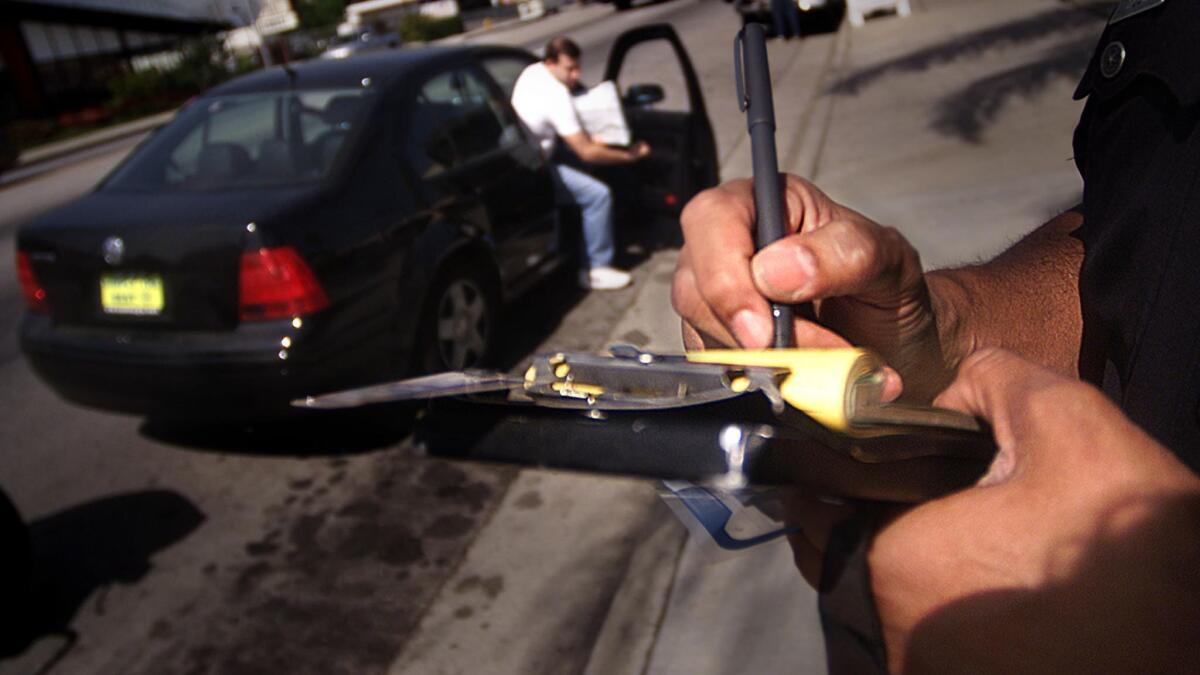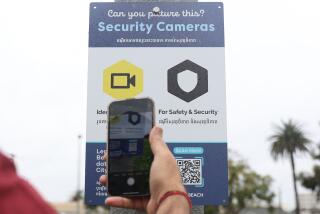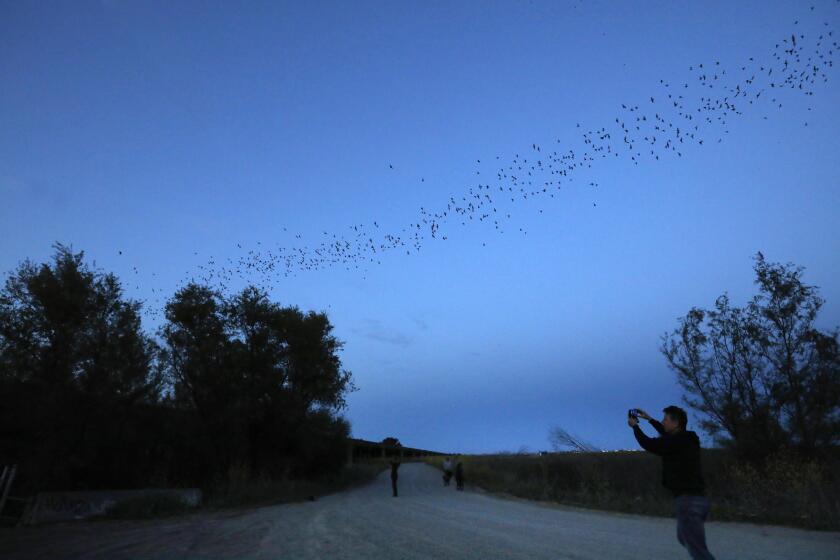California police are collecting data on sexual orientation and race without asking you. How accurate is it?

For months, some large California law enforcement agencies have been quietly making assumptions about sexual orientation, gender, age and other characteristics of the people they stop as part of a statewide, legally mandated data collection effort to understand and curb racial and identity profiling.
The agencies started collecting data under Assembly Bill 953. The bill was passed in 2015 and is intended to help understand and reduce racial profiling and other types of bias.
Beginning July 1, a handful of agencies, including San Diego police, began collecting as many as 60 data points about most officer interactions with the public. The documentation extends well beyond traffic stops to include most occasions in which an officer detains or questions someone.
Some of the data officers must report is objective, such as the duration of the stop and any actions the officer took, according to the law. Other data points are entirely subjective and must be based on the officer’s perception of a stopped person’s demographic characteristics, including age, gender and sexual orientation.
Officers are not allowed to ask people questions to gather the information, and they cannot use the person’s driver’s license or other forms of identification to collect the data.
“Officers must document their perceptions when they are formed and use their best judgment,” San Diego Police Chief David Nisleit said in a training video released by the department.
The same rule applies to the data point regarding gender of the person stopped, Nisleit said in the video.
“When an officer gets to the gender question, if an officer can identify if the person is a transgendered man/boy, or transgendered woman/girl based on their observation, then they shall select ‘gender non-conforming’ when completing their data collection,” Nisleit said.
The law’s reliance on individual officers’ personal perceptions of people is by design, Joe Kocurek, a spokesman for the bill’s author, Assemblywoman Shirley Weber (D-San Diego), said by phone Thursday.
“We’re looking for facts, but the facts we’re looking for is the officer’s perception and the circumstances surrounding the stop and the outcome of it,” Kocurek said. “The perception precedes the action of stopping a person.”
Identifying information about the officer or person stopped is not reported to the state Department of Justice, according to the San Diego Police Department’s training materials. Officers also are asked not to include the names, addresses or Social Security numbers of the people they stop.
Registered supporters of AB 953 included numerous organizations that advocate for civil liberties, such as the American Civil Liberties Union of California and Alliance San Diego, according to information about the legislation on the California Legislative Information website.
Groups that advocate for LGBTQ civil rights — including Equity California, the National Center for Lesbian Rights, the Transgender Law Center and the Los Angeles LGBT Center — were also among the law’s registered supporters, according to the website.
Equity California specifically noted that it strongly supported the addition of the data point about officers’ perception of a person’s sexual orientation, saying its inclusion “is essential to addressing anti-LGBT bias and discrimination during police stops,” according to the final statement of reasons for the legislation.
The ACLU also strongly supported the addition because the data can help identify patterns of bias against the LGBTQ community, which the ACLU said is distinct from bias on the basis of perceived gender identity, according to the statement of reasons.
Registered opponents of AB 953 included only law enforcement organizations, according to the legislative information website.
The fact that a law intended to fight police profiling requires officers to essentially profile people to guess their private information has given some law enforcement officers pause.
“We take issue with recording an individual’s perceived sexual orientation because it requires officers to profile what an LGBT person ‘looks like’ and then document it forever in a database,” according to an open letter Tony Montoya, president of San Francisco Peace Officers Assn., sent to state Sen. Scott Weiner (D-San Francisco) in June and included in the association’s newsletter for July 2018.
Other concerns law enforcement organizations have expressed include the amount of time officers will have to spend inputting data and the possibility that it will cause officers to change their behavior.
“Gone will be the days when you pull somebody over for going a bit too fast on a residential street to give him a warning and to remind him kids are at play,” Mark Cronin wrote in a blog posted on the Los Angeles Police Protective League website in November 2017. “Why would you? That stop will take at least another 30 minutes, not to mention force you to profile him: race, gender, sexual orientation, language, age … rather than just being able to tell him, ‘Keep your speed down here, sir.’ ”
The San Diego Police Department has taken steps to cut down on the time officers must put aside for data entry, department officials said. The department plans to use a custom electronic data-collection tool developed by the San Diego County Sheriff’s Department, which officers will be able to access on various electronic devices.
According to a police department email released through a public records request, the sheriff’s tool has a function that tracks how long officers take to fill out a form. As of the email in June, the department’s small test group of officers were completing the form in about three minutes.
Cook writes for the San Diego Union-Tribune.
More to Read
Sign up for Essential California
The most important California stories and recommendations in your inbox every morning.
You may occasionally receive promotional content from the Los Angeles Times.










![[20060326 (LA/A20) -- STATING THE CASE: Marchers organized by unions, religious organizations and immigrants rights groups carry signs and chant in downtown L.A. "People are really upset that all the work they do, everything that they give to this nation, is ignored," said Angelica Salas of the Coalition of Humane Immigrant Rights. -- PHOTOGRAPHER: Photographs by Gina Ferazzi The Los Angeles Times] *** [Ferazzi, Gina -- - 109170.ME.0325.rights.12.GMF- Gina Ferazzi/Los Angeles Times - Thousands of protesters march to city hall in downtown Los Angeles Saturday, March 25, 2006. They are protesting against House-passed HR 4437, an anti-immigration bill that opponents say will criminalize millions of immigrant families and anyone who comes into contact with them.]](https://ca-times.brightspotcdn.com/dims4/default/34f403d/2147483647/strip/true/crop/1983x1322+109+0/resize/840x560!/quality/75/?url=https%3A%2F%2Fcalifornia-times-brightspot.s3.amazonaws.com%2Fzbk%2Fdamlat_images%2FLA%2FLA_PHOTO_ARCHIVE%2FSDOCS%2854%29%2Fkx3lslnc.JPG)